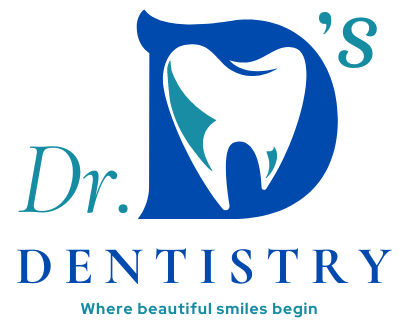Introduction
Ever wondered why your toothache feels so much worse when the sun goes down? You’re not alone! Nighttime toothaches are a common frustration that can make even the toughest among us feel helpless. Let’s dive into why this happens and what you can do to ease the pain so you can finally get some sleep.
What Causes Toothache?
Common Dental Issues
Toothaches are often linked to underlying dental problems such as:
- Cavities and Tooth Decay: These can expose the sensitive inner layers of the tooth.
- Gum Disease: Inflamed gums can cause pain that radiates to the teeth.
- Cracked or Damaged Teeth: These leave the nerve endings vulnerable.
Non-Dental Causes
Not all toothaches stem from dental issues. Conditions like sinus infections or nerve problems can mimic tooth pain, especially in the upper teeth.
Why Toothache Is More Noticeable at Night
Changes in Body Positioning
When you lie down, blood flow to your head increases, leading to heightened pressure on the inflamed area.
Reduced Distractions
During the day, you’re busy. At night, with no distractions, your brain amplifies pain signals.
Increased Blood Flow to the Head
Elevated blood flow while lying flat intensifies the throbbing sensation.
Exploring the Psychological Impact
Heightened Pain Perception in Silence
The stillness of night makes even minor discomfort feel overwhelming.
Anxiety and Stress Contributing to Discomfort
Nighttime anxiety can worsen your perception of pain, trapping you in a cycle of discomfort and sleeplessness.
When to Seek Immediate Dental Help
Red Flags That Require Urgent Attention
- Swelling around the tooth or face
- Fever or chills indicating an infection
- Persistent bleeding or severe pain
If you notice any of these, don’t delay—call your dentist right away!
Home Remedies to Manage Nighttime Toothache
Over-the-Counter Pain Relief
Medications like ibuprofen or acetaminophen can help reduce pain and inflammation.
Cold and Warm Compresses
Apply a cold compress to the outside of your cheek to numb the area or a warm compress for soothing relief.
Natural Remedies
- Saltwater Rinse: A warm saltwater gargle can reduce swelling and kill bacteria.
- Clove Oil: Known for its numbing properties, clove oil can temporarily ease discomfort.
Professional Treatments for Toothache
Filling Cavities
Dentists can treat minor decay with fillings to protect the tooth from further damage.
Root Canal Therapy
If the tooth’s pulp is infected, a root canal might be needed to save the tooth.
Tooth Extraction When Necessary
For severely damaged teeth, extraction may be the only option to relieve pain.
How to Prevent Nighttime Toothache
Consistent Oral Hygiene Habits
Brush and floss daily to keep your teeth healthy and clean.
Regular Dental Check-ups
Routine visits to your dentist help catch problems early before they become painful.
Lifestyle Adjustments
- Cut back on sugary snacks and drinks.
- Quit smoking to maintain gum and tooth health.
Understanding Chronic Tooth Pain
How It Differs from Occasional Pain
Chronic pain persists over weeks or months, often signaling deeper issues.
Conditions Like Bruxism (Teeth Grinding)
Grinding your teeth at night can wear them down and lead to consistent discomfort.
Conclusion
Nighttime toothaches are more than just an annoyance—they’re a wake-up call for your dental health. By understanding the causes, managing symptoms, and taking preventive steps, you can ensure restful nights and healthy teeth. Don’t let toothache steal your sleep; take action today!
FAQs on Nighttime Toothache
1. Why does tooth pain worsen at night?
Changes in blood flow and the absence of distractions amplify the pain.
2. How can I stop a toothache instantly?
Try clove oil, a cold compress, or over-the-counter pain relievers for temporary relief.
3. Can stress cause tooth pain?
Yes, stress can lead to grinding your teeth or clenching your jaw, causing pain.
4. Should I see a dentist if my toothache improves?
Yes, even if the pain subsides, the underlying issue may still need attention.
5. What foods should I avoid with a toothache?
Steer clear of sugary, acidic, or extremely hot/cold foods that can irritate your teeth.


